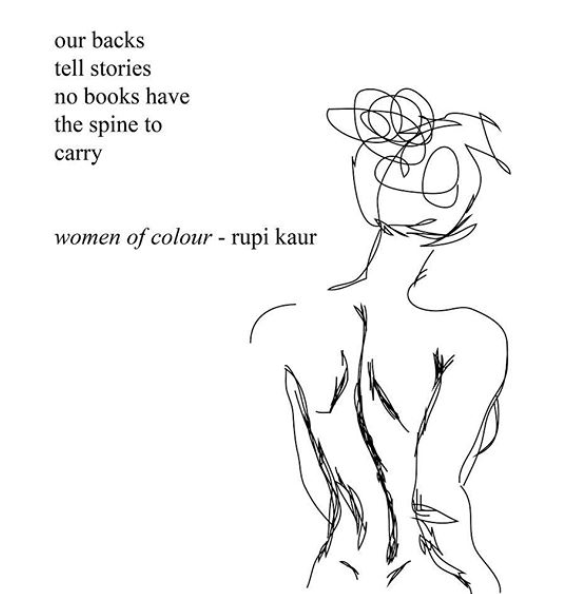Why America is called America and the power of acknowledging “We Don’t Know”
From Harari’s Sapiens: “During the fifteenth and sixteenth centuries, Europeans began to draw world maps with lots of empty spaces–one indication of the development of the scientific mindset, as well as of the European imperial drive. The empty maps were a psychological and ideological breakthrough, a clear admission that Europeans were ignorant of large parts of the world. The crucial turning point came in 1492, when Christopher Columbus sailed westward from Spain, seeking a new route to East Asia. Columbus still believed in the old ‘complete’ world maps. Using them, he calculated that Japan should have been located about 7,000 kilometres west of Spain. In fact, more than 20,000 kilometres and an entire unknown continent separate East Asia from Spain.
On 12 October 1492, at about 2 a.m., Columbus’ expedition collided with the unknown continent. Juan Rodriguez Bermejo, watching from the mast of the ship Pinta, spotted an island in what we now call the Bahamas, and shouted ‘Land! Land!’ Columbus believed he had reached a small island off the East Asian coast. He called the people he found there ‘Indians’ because he thought he had landed in the Indies–what we now call the East Indies or the Indonesian archipelago. Columbus stuck to this error for the rest of his life. The idea that he had discovered a completely unknown continent was inconceivable for him and for many of his generation.
For thousands of years, not only the greatest thinkers and scholars but also the infallible Scriptures had known only Europe, Africa and Asia. Could they all have been wrong? Could the Bible have missed half the world? It would be as if in 1969, on its way to the moon, Apollo 11 had crashed into a hitherto unknown moon circling the earth, which all previous observations had somehow failed to spot. In his refusal to admit ignorance, Columbus was still a medieval man. He was convinced he knew the whole world, and even his momentous discovery failed to convince him otherwise.
The first modern man was Amerigo Vespucci, an Italian sailor who took part in several expeditions to America in the years 1499–1504. Between 1502 and 1504, two texts describing these expeditions were published in Europe. They were attributed to Vespucci. These texts argued that the new lands discovered by Columbus were not islands off the East Asian coast, but rather an entire continent unknown to the Scriptures, classical geographers and contemporary Europeans. In 1507, convinced by these arguments, a respected mapmaker named Martin Waldseemüller published an updated world map, the first to show the place where Europe’s westward-sailing fleets had landed as a separate continent. Having drawn it, Waldseemüller had to give it a name. Erroneously believing that Amerigo Vespucci had been the person who discovered it, Waldseemüller named the continent in his honour–America. The Waldseemüller map became very popular and was copied by many other cartographers, spreading the name he had given the new land. There is poetic justice in the fact that a quarter of the world, and two of its seven continents, are named after a little-known Italian whose sole claim to fame is that he had the courage to say, ‘We don’t know.’...”







